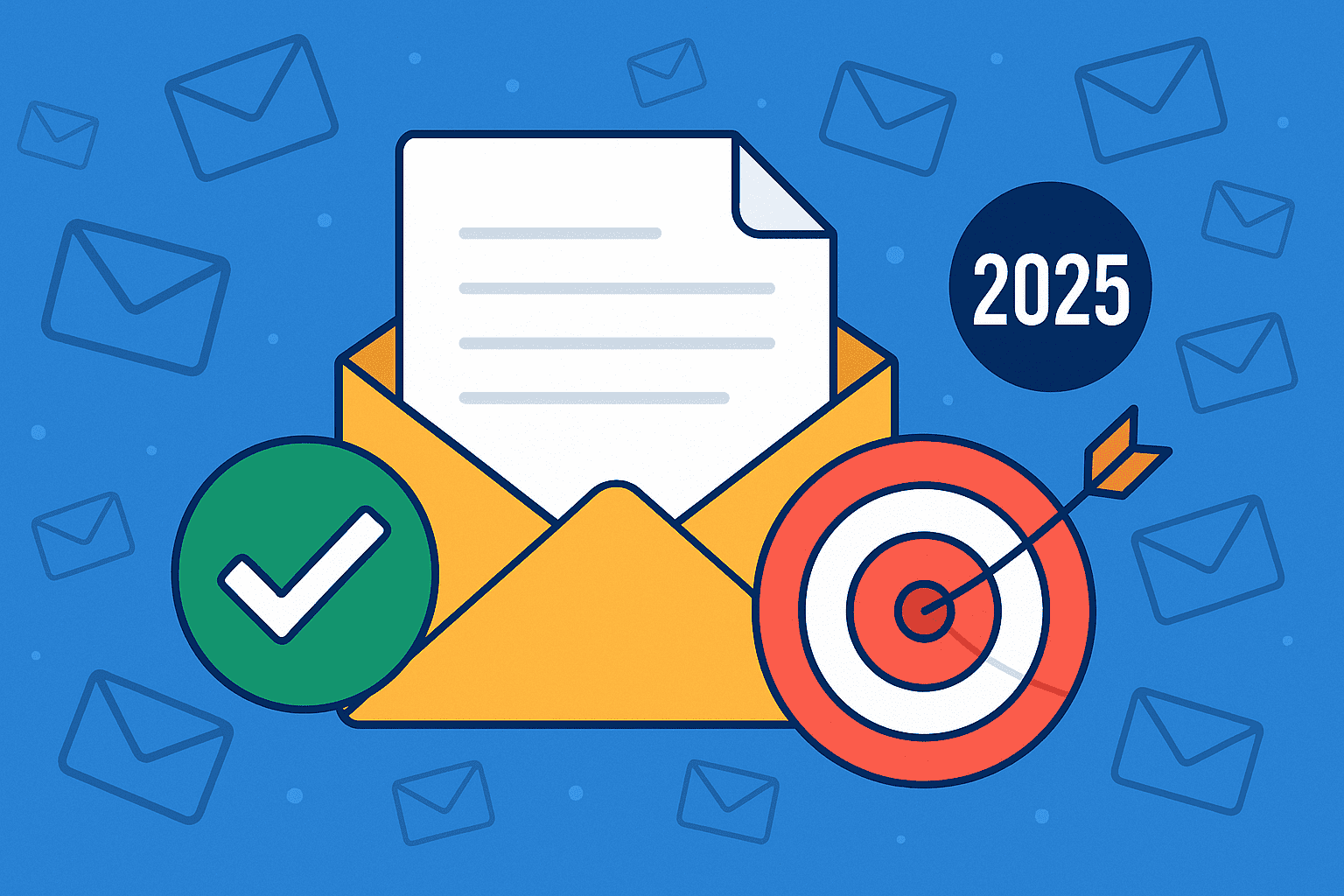The modern market dictates harsh competition conditions, and successful product promotion plays a key role in product success. What does a product marketer do? This question is becoming increasingly relevant against the backdrop of the growing demand for high-class specialists in this field. Statistics show a steady increase in vacancies focusing on digital marketing and IT directions, where product marketers develop promotion strategies and increase sales figures.
The average salary of a product marketer in Russia ranges from 120,000 to 250,000 rubles depending on the region and company level, while in international corporations, it exceeds 3,000 dollars. The demand for this profession is explained by the need for comprehensive product lifecycle management and adaptation of marketing strategies to changing market demands.

What Does a Product Marketer Do: Key Functions and Responsibilities
The profession involves a wide range of tasks covering strategic and tactical planning. Understanding what a product marketer does is easy when you delve into key responsibilities and areas of accountability. The specialist analyzes the market, evaluates the competitive environment, develops a unique value proposition, and manages the strategy from ideation to post-sales support.
In-Depth Market Analysis and Strategy Formation
Before launching a new product, a product marketer conducts market research, analyzes consumer behavior, and studies audience pain points. Tasks include building a pricing model, market size calculation, and identifying competitive advantages. For example, in IT marketing, the analysis involves studying technical trends and integration possibilities of new features, allowing timely product adaptation to growing needs.
Team Management and Process Coordination
Organizing team work and collaborating with other departments are also part of a product marketer’s responsibilities. The team typically includes designers, analysts, copywriters, and developers. A product marketing manager structures processes to ensure that each stage of development and promotion progresses synchronously and delivers planned results. Effective coordination speeds up product market entry and reduces the budget for adjustments.
Profession Demand and Development Perspectives
The demand for specialists is growing annually. What a product marketer does has long surpassed the boundaries of classical promotion and encompasses related areas, including digital marketing, SMM, and content strategies. Job postings indicate that positions are opening not only in large IT companies but also in medium and small enterprises focused on online sales and remote work.
The list of sought-after skills for a specialist places strategic thinking, analytical abilities, and knowledge of digital tools at the top. For instance, online work on promoting mobile applications requires high qualifications in ASO and user behavior analytics. A product marketer’s salary increases in proportion to experience and depth of competencies: entry-level specialists start at 80,000 rubles, while professionals with over five years of experience earn from 200,000 rubles.
Key Skills and Training for Career Growth
Professional development includes continuous marketing education and mastering new tools. What a product marketer does is also determined by their level of competencies in strategic planning and market communication. Developing soft and hard skills opens up opportunities for career growth and involvement in international projects.
The fundamental set includes:
-
In-depth market and audience analysis.
-
Product strategy development.
-
Coordination of cross-functional teams.
-
Conducting A/B testing.
-
Setting up and analyzing advertising campaigns.
-
Proficiency in digital marketing tools (Google Analytics, SEMrush).
-
Product presentation development and defense.
-
Knowledge of market legislative norms.
These competencies enable quick adaptation to changes and achievement of high sales performance.
What Does a Remote Product Marketer Do
The development of remote work has significantly changed the labor market, creating a stable demand for professionals capable of effectively managing products remotely. What a product marketer does in a remote environment fully aligns with classic responsibilities, but the focus shifts to digital communications and flexible process management. Remote work opens up collaboration opportunities with international companies and startups, where the ability to adapt strategies to different markets and cultures is highly valued.
HeadHunter data records a 45% increase in the number of remote work vacancies over the past two years, especially in the digital marketing and IT segments. Product marketers specializing in promoting IT solutions and SaaS products often work remotely, overseeing the full product market cycle from analysis to sales scaling. The work involves using digital tools for project management, such as Trello, Jira, Slack, Notion, ensuring transparency and control at all task execution stages.
Process Organization and Remote Interaction Tools
Effective project management requires flawless team coordination and instant response to changes from a product marketer. A complex set of tools is used for clear planning and control in remote work:
-
Trello and Jira are used for task management and project progress tracking;
-
Slack provides real-time interaction between team members through chats and video calls;
-
Zoom and Google Meet are used for regular meetings and strategic sessions;
-
Google Analytics and Amplitude allow tracking user behavior and adjusting marketing strategy in real-time;
-
Notion structures documentation and presentation materials for internal and external use.
What a product marketer does in remote work includes daily monitoring of key performance indicators (KPIs), user feedback analysis, real-time content strategy adjustments, and coordination of A/B testing. For example, when launching new functionality in a SaaS service, a PMM collects feedback in real-time, tracks engagement metrics, and decides on product adjustments to increase conversion.
Real Cases and Examples
Practice shows that remote work of a product marketer yields significant results. For instance, a Russian EdTech startup with a fully remote team increased active users from 5,000 to 30,000 in six months by applying localization strategy and targeted advertising on Facebook and Google Ads. Another case is an American IT company that attracted over 100,000 registrations within three months after launching a new service, fully entrusting marketing management to a remote team of PMM specialists.

What a product marketer does from home illustrates a flexible marketing model focusing on continuous strategy optimization and close integration with technical teams. This approach not only enhances niche efficiency but also contributes to the professional development of the specialist, shaping sought-after experience in managing distributed teams.
Conclusion
The profession is highly in demand and offers broad career growth prospects. What a product marketer does goes beyond conventional promotion, encompassing deep analytics, strategic planning, and team management. The profession’s demand is confirmed by the increasing job openings, high remuneration, and global career development opportunities. A successful product promotion strategy is impossible without the involvement of an experienced product marketer, ensuring high demand in the labor market.


